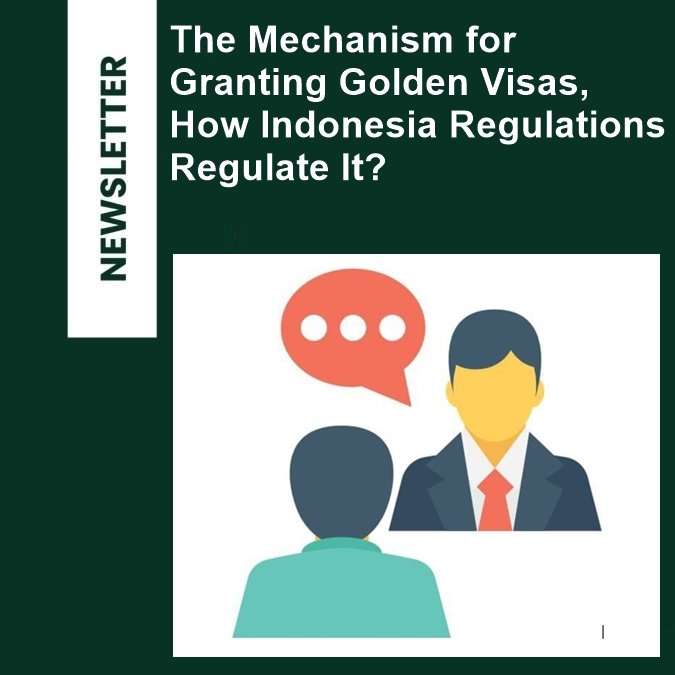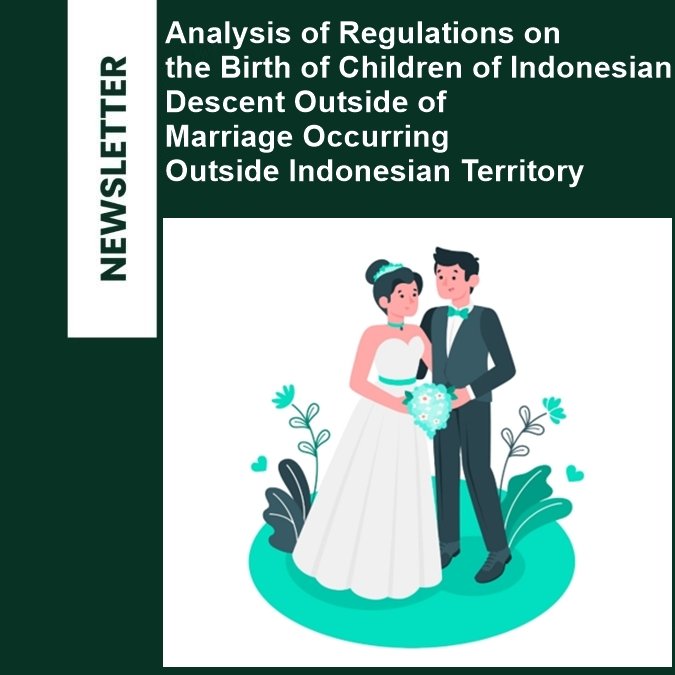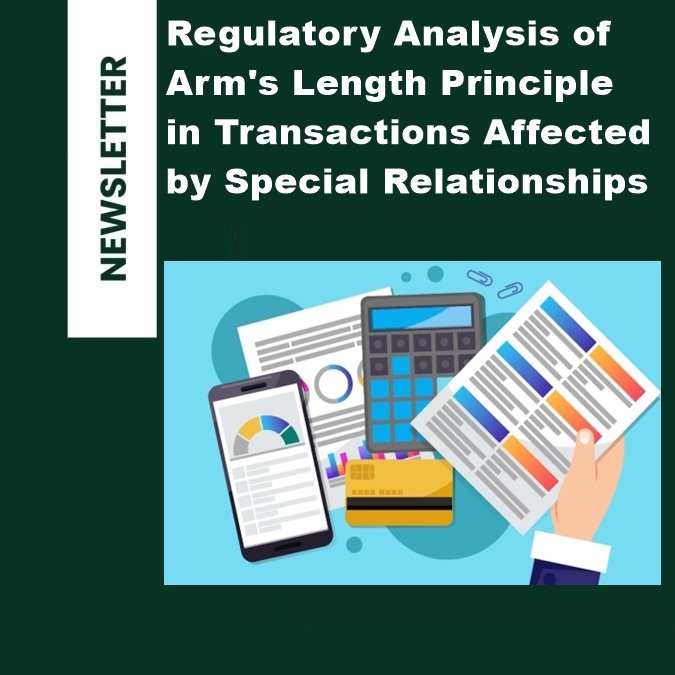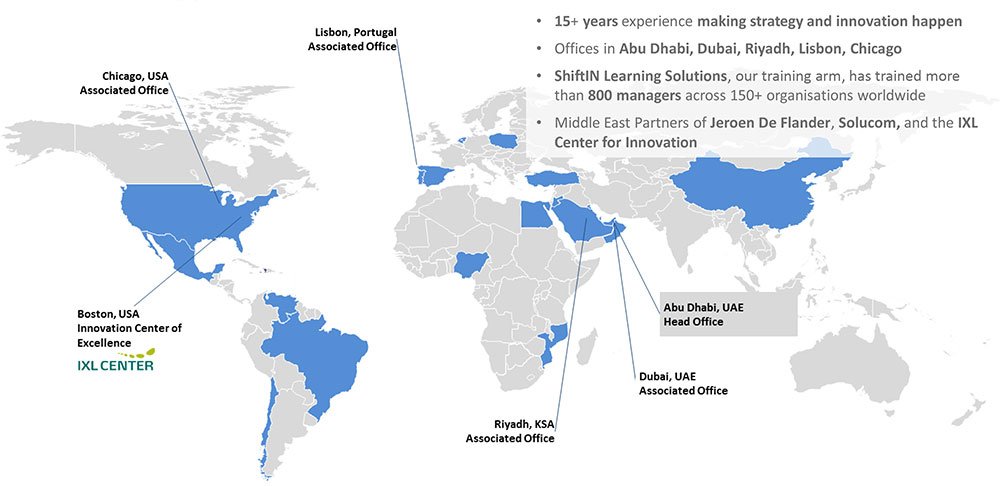The Mechanism for Granting Golden Visas, How Indonesia Regulations Regulate It?
Source : https://www.flaticon.com/free-icon/conversation_610407 From: A.M Oktarina Counsellors at Law Contributors: Pramudya Yudhatama, S.H., C.L.A., Ethania Surinitulo Duha, S.H. Reviewer: Noverizky Tri Putra Pasaribu, S.H., L.L.M (Adv). Background Moving a person, from one country to another, whether for a tourist visit, or for work, is common nowadays. Many countries, including Indonesia, have immigration-related regulations to deal with this, to provide clear and clear procedures, mechanisms, and restrictions. Until it comes down to legal certainty. In this move, we usually find the phrase “Residence permit” which is a legal instrument that is the basis for foreign nationals to stay for some time in Indonesia. However, this must begin with having a visa first. This then becomes interesting, because as we know, recently, the mass media has been hotly talking about giving a Golden Visa to Shin Tae-Yong, through the news “Diterima Shin Tae Yong, Apa Itu Golden Visa?” which was published on July 25th, 2024 (as the link attached). Then the next question is, what is the Golden Visa? Is there any difference with visas in general? Let’s take a look at the following explanation! Legal Basis Law Number 6 of 2011 concerning Immigration as amended by Law Number 6 of 2023 concerning Determination of Government Regulations In Lieu of Law Number 2 of 2022 concerning About Job Creation Become Law (“Law 6/2011“) Regulation of the Minister of Law and Human Rights of the Republic of Indonesia Number 22 of 2023 concerning Visas and Residence Permits (“Permenkumham 22/2023“) Regulation of the Minister of Law and Human Rights of the Republic of Indonesia Number 11 of 2024 concerning Amendments to the Regulation of the Minister of Law and Human Rights Number 22 of 2023 concerning Visas and Residence Permits (“Permenkumham 11/2024“) Before we dive further into the golden visa itself, let’s look at the definition of a visa from Article 1 number 18 of Law 6/2011 as follows : “The Visa of the Republic of Indonesia, hereinafter referred to as the Visa, is a written information, both manually and electronically, given by the official authorized to travel to Indonesia Territory and is the basis for the granting of a Residence permit.” Looking at this definition, a visa is given to a foreigner, as a residence permit for a person for several periods in Indonesia. Furthermore, the visa is the basis for granting a residence permit, which has the following definition, in Article 1 number 21 of Law 6/2011 : “A Residence Permit is a permit granted to a Foreigner by an Immigration Officer or a foreign service official either manually or electronically to be in Indonesia Territory.” Visas themselves, along with residence permits, are divided into several types. For example, for visas themselves, they are divided into 2 (two), namely visit visas, and limited stay visas (Article 3 paragraph 1 of Permenkumham 22/2023), but furthermore, Indonesia also recognizes diplomatic visas and service visas as stated in Article 34 of Law 6/2011. However, through Permenkumham 22/2023, Indonesia issued the latest visa, namely the golden visa. This is stated in Chapter V of the Golden Visa. Article 184 of Permenkumham 22/2023 states “Golden Visa is a grouping of Limited Stay Visas, Limited Stay Permits, Permanent Stay Permits, and Re-entry Permits for a certain period of time.” The golden visa itself can be used for investment, family reunification, repatriation, and a second home. The validity can be valid for 5 (five) years, or 10 (ten) years. (Article 185 of Permenkumham 22/2023) Going deeper, let’s discuss each of the uses of the golden visa, as follows: Investment, which may be given to a Foreigner as an individual investor who intends to establish a company in Indonesia, or who does not intend to establish a company in Indonesia, who will serve as a member of the board of directors or a member of the board of commissioners in a company to be established in Indonesia that is a branch or subsidiary of a company outside the Territory of Indonesia, and a Foreigner a representative of a holding company abroad, who make visits or duties to branches or subsidiaries in Indonesia. (Article 186 paragraph 1 of Permenkumham 11/2024) Family Reunification, which can be granted to foreigners who join their husband or wife as holders of Limited Stay Permits or Permanent Residence Permits, children who are not yet 18 (eighteen) years old and unmarried who join their fathers and/or mothers who hold Limited Stay Permits or Permanent Stay Permits; and foreigners who join with children of holders of Limited Stay Permits or Permanent Stay Permits. (Article 187 of Permenkumham 22/2023) Repatriation, which can be given to former Indonesia citizens who will live without a Guarantor, and the descendants of former Indonesia citizens at most the second degree without a Guarantor. (Article 188 of Permenkumham 22/2023) Second home, which can be given to second homes, special skills, world figures, and elderly foreigners aged 55 (fifty-five) years or older. (Article 189 of Permenkumham 11/2024) Therefore, this is a breakthrough that will make it easier for foreigners to be able to contribute more, but of course, the implementation of the golden visa regulation, must be with optimal synergy and coordination. Conclusion It can be concluded that the granting of Golden Visa is a good and useful breakthrough. This can certainly open up good opportunities for foreigners who want to stay longer and contribute positively in Indonesia. However, of course, in its implementation, supervision from related agencies is required, so that the provision can be effective and on target, which in the end produces the same opportunities, and is beneficial for Indonesia. References : https://www.liputan6.com/hot/read/5654095/diterima-shin-tae-yong-apa-itu-golden-visa For further information, please call: partner@amoktarina.co pasaribu@amoktarina.co 0817779122
The Mechanism for Granting Golden Visas, How Indonesia Regulations Regulate It? Read More »










